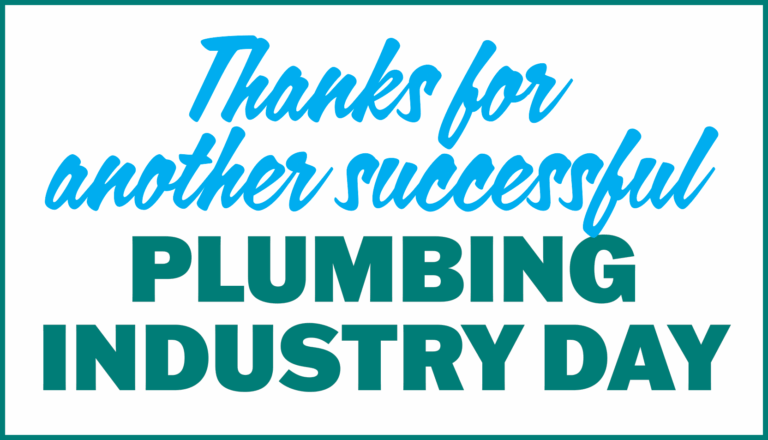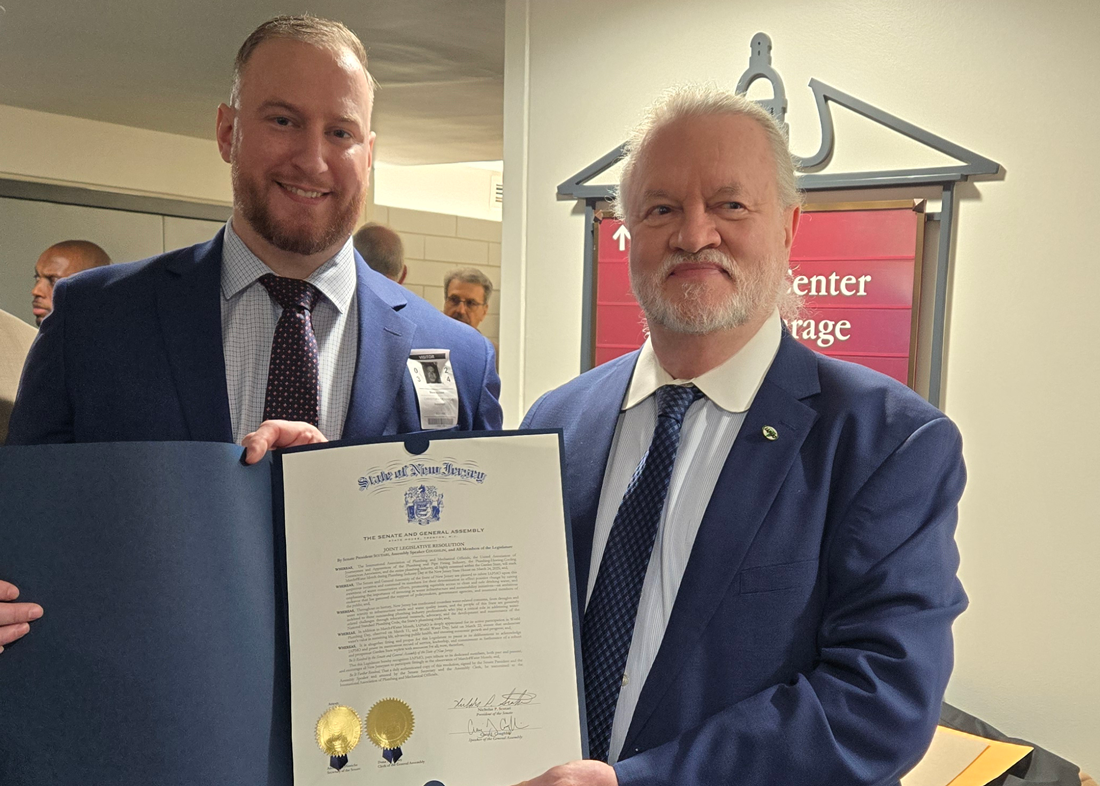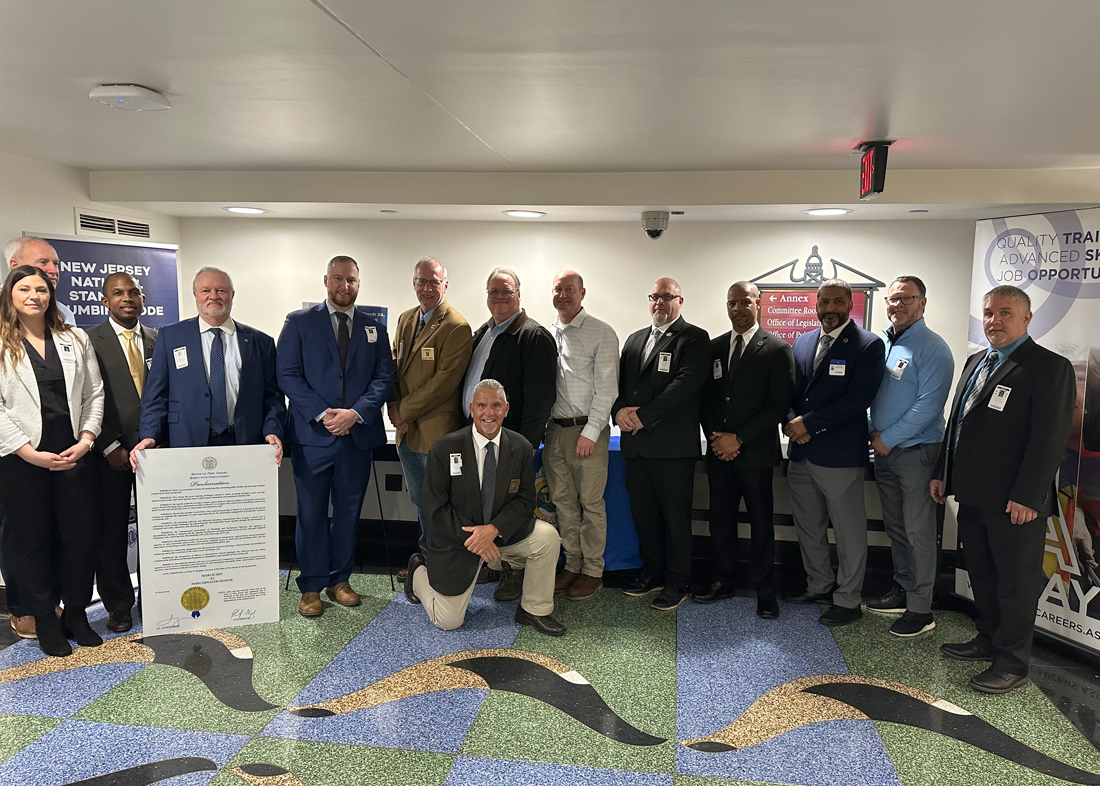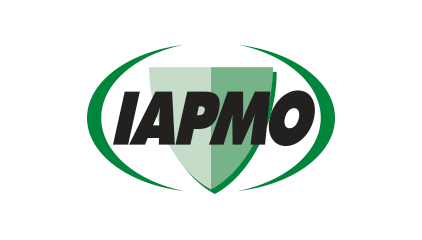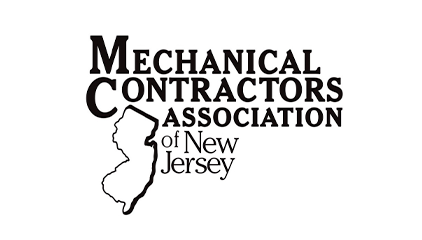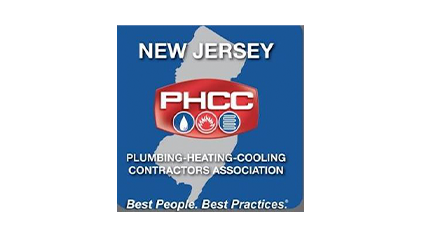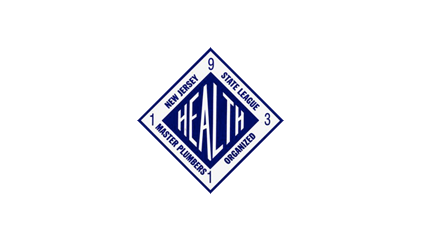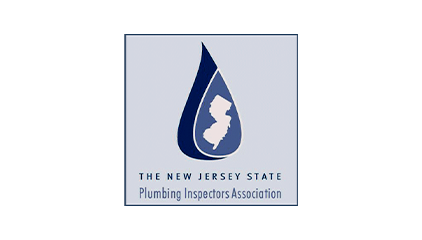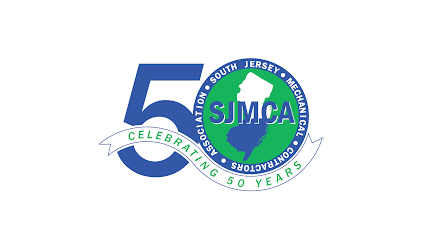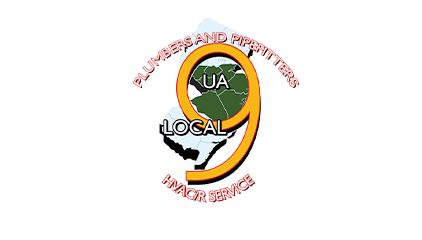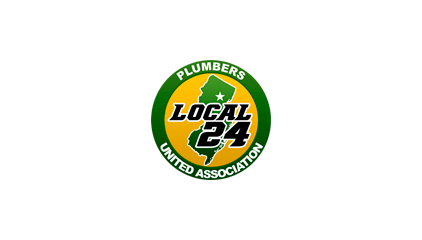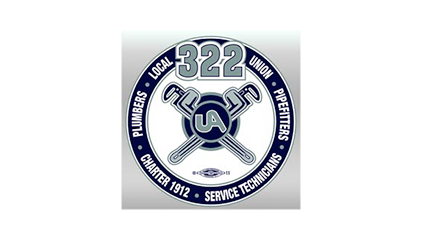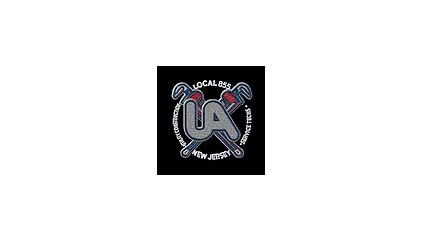Keep the Industry Strong
Support the New Jersey National Standard Plumbing Code
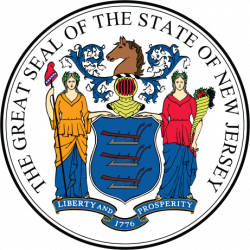
New Jersey’s plumbing industry plays a vital role in protecting the health and safety of the public.
The proper installation of plumbing and mechanical systems by industry experts throughout the state promotes the delivery of potable drinking water and proper removal of wastewater in homes, schools, health care facilities and every other occupied building throughout the state.
Did you know?
New Jersey’s Plumbing Industry accounts for:
Well-paying Jobs
0
Annual Wages*
0
Billion

A well-trained Plumbing Industry is essential.
With water safety and water scarcity issues on the rise throughout the nation, the need for a well-trained plumbing workforce has never been greater.
- Issues stemming from waterborne contaminants including metals (e.g. lead), bacteria (e.g. Legionella) and other contaminants (e.g. chemicals, microplastics) continue to emerge throughout the state and across the country.
- According to a recent study, nearly 1/4 Americans receive water from a source that falls short of the requirements of the Environmental Protection Agency’s (EPA’s) Safe Drinking Water Act.**
- The same study shows that almost 1,400 of New Jersey’s public water systems did not comply with EPA’s water quality standards, and 96 of those were extreme cases.
- Research by the CDC shows that 9 out of 10 cases of Legionnaires disease were caused by problems that were preventable with more effective water management.
- The plumbing industry has the tools and the knowledge required to install safe plumbing systems to minimize the risks associated with these threats.
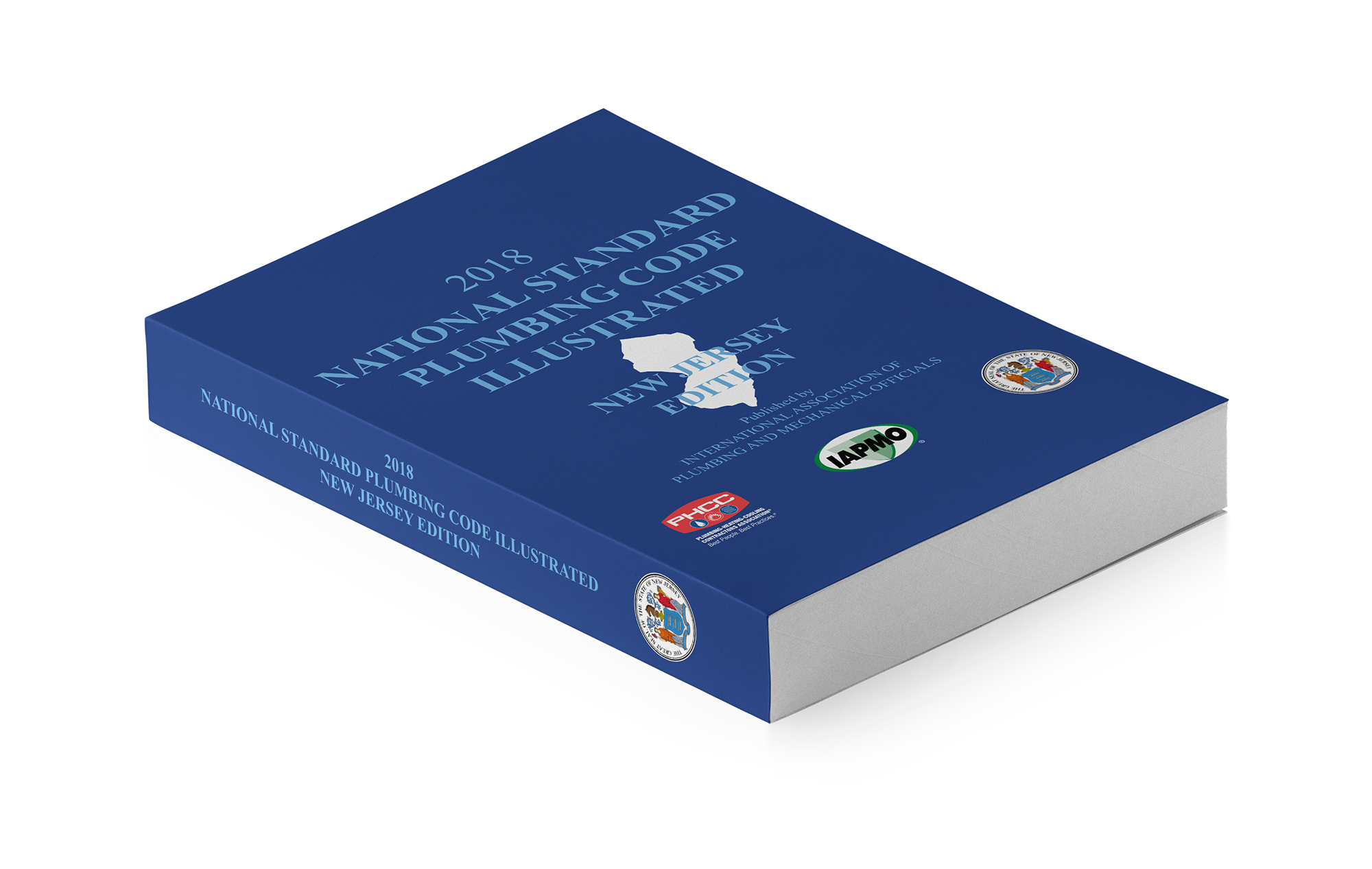
Support for Our Plumbing Code
- The National Standard Plumbing Code (NSPC), was adopted by law in 1975 and has been used in New Jersey since 1977.
- The NSPC provides our code administrative bodies and plumbing industry with guidelines for the installation and operation of properly designed, installed, environmentally safe and sanitary plumbing systems.
- The NSPC is technically sound. It is updated every 3 years, as per industry standard. That process ensures that the Code remains current and reflects the latest developments in technology, materials, and installation practices.
- The NSPC is updated in New Jersey, by a committee consisting mainly of the most experienced and knowledgeable plumbing experts who live and work in New Jersey. This allows the NSPC to be tailor made to fit the unique needs of the Garden State.
- New Jersey’s Plumbing Industry — the industry which uses the NSPC — fully backs the NSPC and opposes the adoption of any other plumbing code.

* Fiscal impact information obtained from Studies Published by Plumbing Manufacturers International (PMI) and Statista.com. Economic Impact (https://www.safeplumbing.org/advocacy/economic-impact). Forecast: Industry revenue of “plumbing, heating and air-conditioning contractors“ in New Jersey 2012-2024 (https://www.statista.com/forecasts/1210704/plumbing-heating-and-air-conditioning-contractors-revenue-in-new-jersey)
* Occupational Employment and Wages, May 2023 – Plumbers, Pipefitters, and Steamfitters.” U.S. Bureau of Labor Statistics, 3 Apr. 2024 (www.bls.gov/oes/current/oes472152.htm#st).
** Drinking Water Quality information obtained from study published by the Natural Resources Defense Council (https://www.nrdc.org/press-releases/report-nearly-one-four-americans-drinking-water-comes-untested-or-contaminated)
Thanks to all the supporting partners
Click on the logos below to obtain more information about all the partners in the NJ plumbing industry
Supporters: International Association of Plumbing & Mechanical Officials; Mechanical Contractors Association of New Jersey; New Jersey Association of Plumbing – Heating & Cooling Contractors; New Jersey State League of Master Plumbers; New Jersey State Plumbing Inspectors Association; South Jersey Mechanical Contractors Association; UA Local 9; UA Local 24; UA Local 322; UA Local 855
